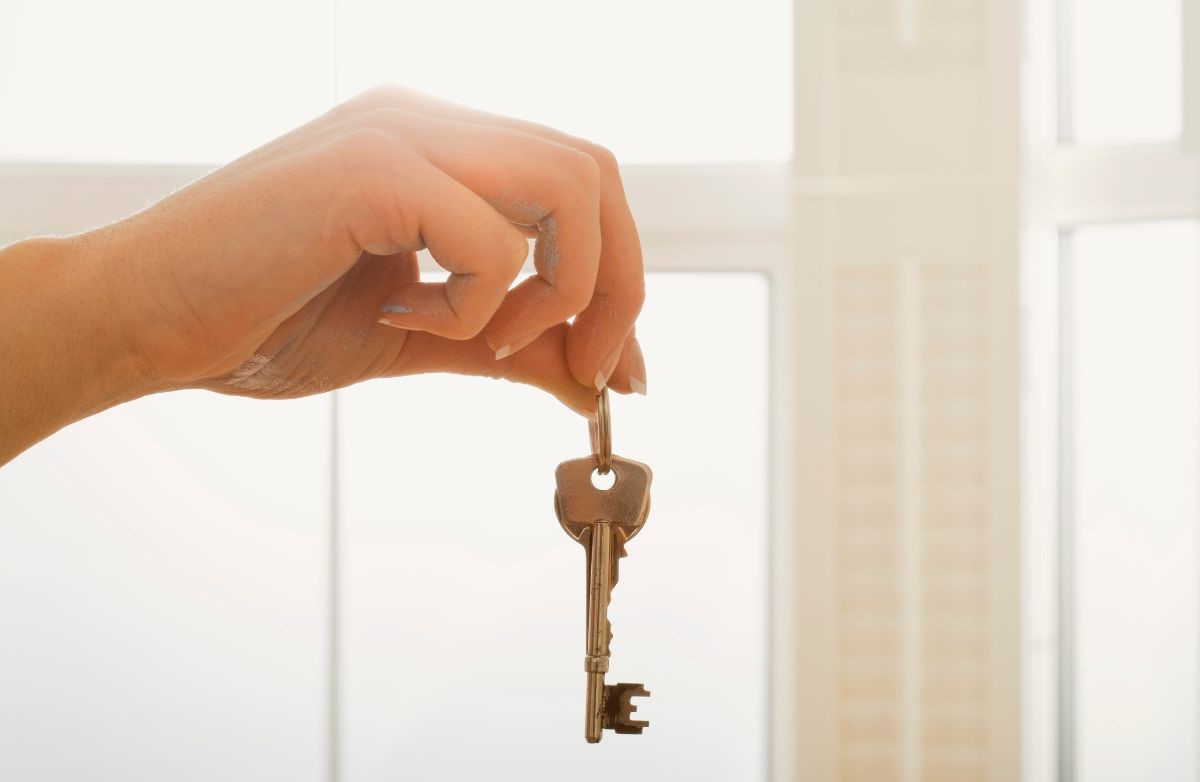
Buying your first home is a significant and exciting step in your life. It’s essential to be well-prepared and informed throughout the process. Here’s a comprehensive guide on everything you need to know as a first-time homebuyer in Washington:
1. Assess Your Financial Readiness:
- Review your current financial situation, including income, expenses, savings, and debts.
- Determine how much you can comfortably afford for a down payment and monthly mortgage payments.
2. Build a Budget:
- Create a budget that includes all homeownership costs, such as mortgage payments, property taxes, insurance, utilities, and maintenance.
3. Check Your Credit Score:
- A good credit score is crucial for securing a mortgage with favorable terms. Check your credit report and work on improving your score if necessary.
4. Save for a Down Payment and Closing Costs:
- Lenders typically require a down payment, often around 20% of the home’s purchase price. Additionally, you’ll need funds for closing costs, which can include fees for inspections, appraisals, and legal services.
5. Get Pre-Approved for a Mortgage:
- Consult with mortgage lenders to get pre-approved for a loan. This will help you understand your budget and make your offer more competitive when you find a home you like.
6. Understand Mortgage Options:
- Explore different types of mortgages, such as fixed-rate, adjustable-rate, FHA, VA, and USDA loans. Each has its own eligibility requirements and terms.
7. Shop for Homes:
- You can work with a realtor like myself to help you find a home that meets your dreams & needs. Start by making a list of what you imagine your home to be like. For example, specific location, size, how many bedrooms, bathrooms, condition, as in brand new or fixer upper, amenities like pool or yard, etc. Then organizing these factors by which are most highly desirable to least.
8. Make an Offer:
- When you find a home you like, make an offer through your real estate agent. Be prepared to negotiate with the seller.
9. Get a Home Inspection:
- Hire a qualified home inspector to assess the condition of the property. This can reveal potential issues that may affect your decision or negotiations with the seller.
10. Secure Homeowners Insurance:
- Find an insurance provider and obtain homeowners insurance before closing on the property.
11. Finalize the Mortgage:
- Complete the mortgage application process, provide necessary documents, and go through underwriting. Once approved, you’ll receive a loan commitment letter.
12. Review the Closing Disclosure:
- Carefully review the Closing Disclosure, which outlines all the costs associated with the loan and the home purchase. Ensure it matches your expectations.
13. Attend the Closing:
- Attend the closing meeting with your real estate agent, the seller, and a representative from the title company or attorney’s office. Sign all necessary documents and pay any remaining closing costs.
14. Take Possession of Your Home:
- After closing, you’ll receive the keys to your new home. Arrange for utilities, change locks if desired, and start settling into your new space.
15. Maintain Your Home :
- Regularly maintain your home to ensure it remains in good condition. Budget for ongoing expenses, such as property taxes, insurance, and repairs.
16. Continue Financial Responsibility:
- Be mindful of your monthly mortgage payments and other homeownership costs. Stay on top of your budget and financial goals.
Remember that the homebuying process can vary depending on your location, the real estate market, and individual circumstances. Working with experienced professionals, such as a real estate agent and a mortgage lender, can help guide you through the process and make it smoother.
By,
Maya Damayanti
Hello, I'm Maya Damayanti
The go to Realtor in Seattle Washington and surrounding areas for all things real estate, home buying, and selling.
Join the Newsletter
Subscribe
Find Your Way Around
© 2024 Maya real estate group. ALL RIGHTS RESERVED.
SITE Design BY kreativekat.co
Privacy policy.
Terms & Conditions.
DMCA
